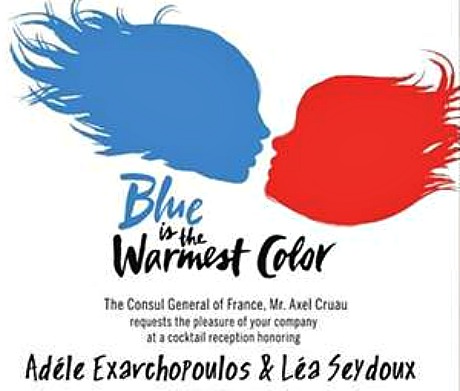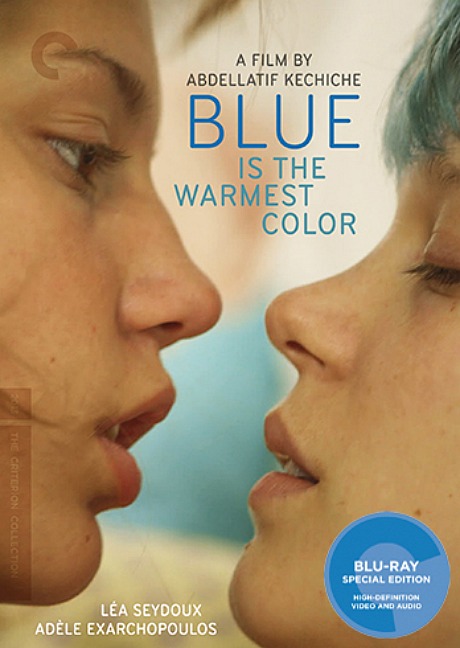Yesterday HE commenter “Morpheus” and HE’s own LexG (i.e., “Ray Quick”) briefly discussed the differences between the Best Actor and Best Actress realms. Please understand I am not signaling 100% agreement with Lex’s comment but he’s hit on something worth sharing, I think.
Morpheus: “It’s sad how year after year it is far more exciting to talk about the Best Actor field than it is to talk about the Best Actress field. It’s so weak [and] has been so weak that Streep needs only make a movie to be in contention. If Daniel Day Lewis was a woman he’d [have] won it for not only Gangs Of New York but also for The Crucible.”
Ray Quick: “That’s because the field is exclusive year in and year out to the same campy blowsy hens who eschew romcoms or visual sexiness to give ball-busting BIG performances — Streep, Blanchett, Winslet, Adams…all the same CANNED FUCKING HAMS while subtler, nuanced [performances] like those from Brie Larson or Saoirse Ronan get overlooked, and we all coo and awwww around the yearly inevitable BA/BSA ‘fifth’ spot for some newcomer/flash-in-the-pan, hot chick, kid with weird name who just cut to the front of the line like an Armenian guy at an airport queue.”
Lex is referring, of course, to Blue Is The Warmest Color‘s Adele Exarchpoulos.











